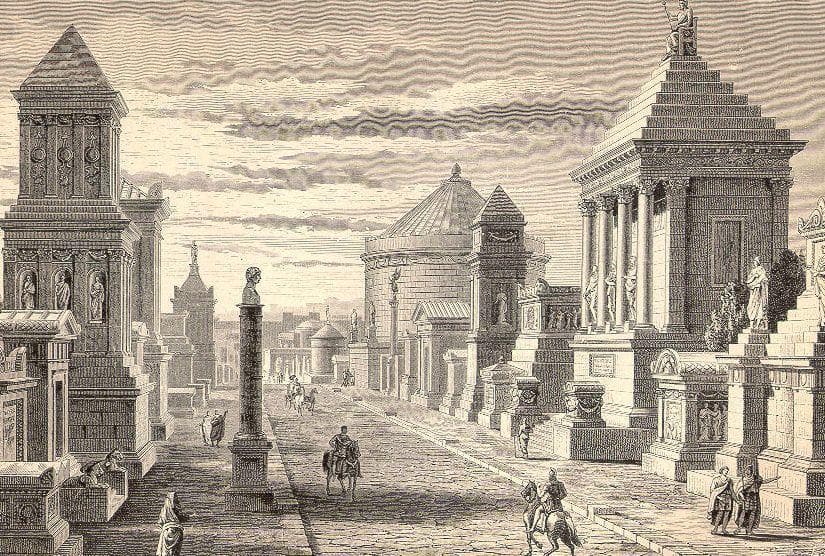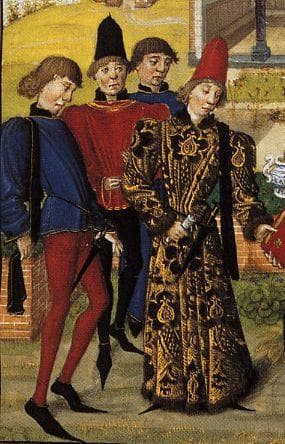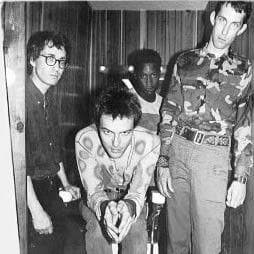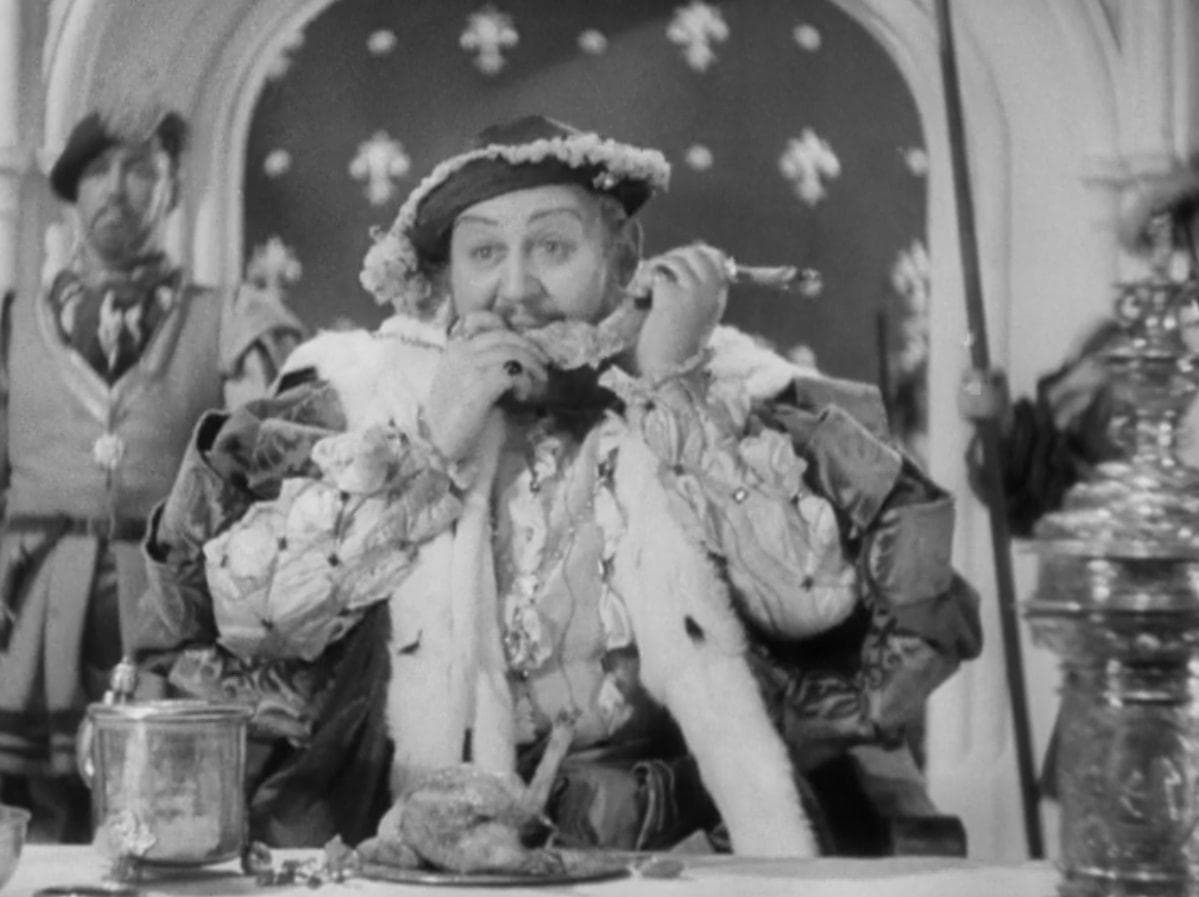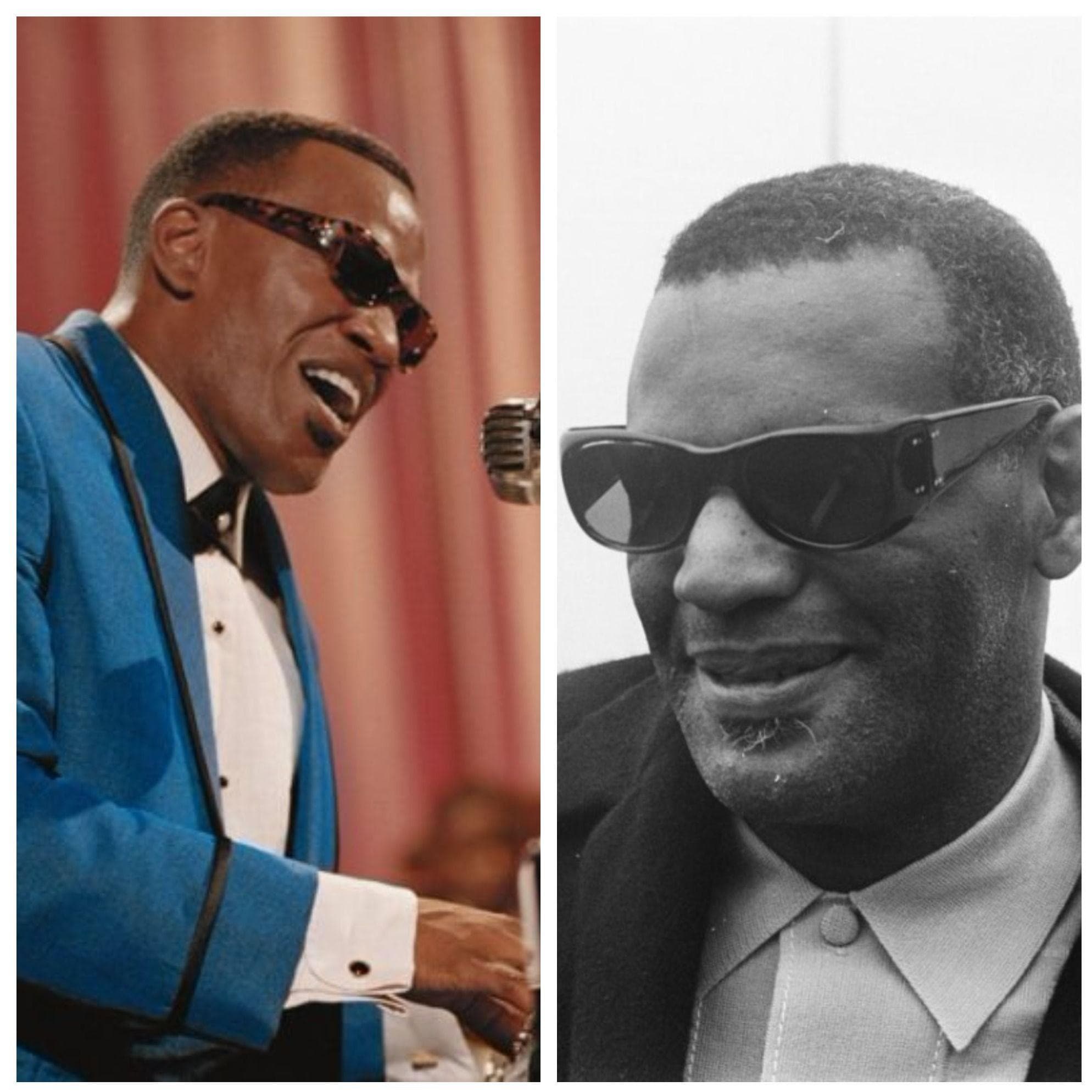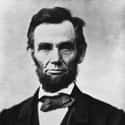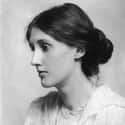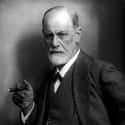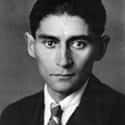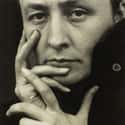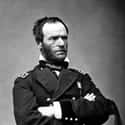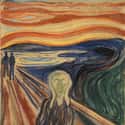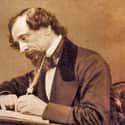-
(#1) Emily Dickinson
- Dec. at 56 (1830-1886)
Many scholars have long believed poet Emily Dickinson suffered from some kind of mood disorder. Some think she may have been manic depressive, while others think she suffered from Seasonal Affective Disorder (SAD).
Dickinson's mood appeared to shift depending on the season. Professor emeritus of psychiatry at the University of Hawaii School of Medicine in Honolulu John F. McDermott examined her productivity and determined she was more prolific in spring and summer compared to winter, suggesting she had the winter blues.
A person diagnosed with SAD is affected by the amount of sunlight available each day. How did Dickinson's mood affect her work? She produced 1,800 poems, many of which focused on death and immortality.
-
(#2) Abraham Lincoln
- Dec. at 56 (1809-1865)
Friends of Abraham Lincoln were well aware of his bouts of melancholy. He was prone to crying in public, and - as a young man - mentioned suicide on more than one occasion. In order get through life on a day-to-day basis, he often told jokes or strange stories at inappropriate times. His law partner William Herndon once noted that Lincoln's "melancholy dripped from him as he walked." Scholars and modern clinicians agree that Lincoln suffered from depression. He had documented breakdowns in 1935 and 1940 in which he displayed symptoms such as fatigue, thoughts of death, and feelings of worthlessness. A poem published in 1838, "The Suicide's Soliloquy," has been attributed to Lincoln.
Lincoln sought help from a doctor in 1841, and focusing on his law work helped boost him during his bad spells. In 1854, he channeled his energy into joining the fight against slavery. He was so passionate about the cause that when he spoke, the audience could feel his pain. Lincoln understood how it felt to struggle and boldly advocated for a free society. He was able to tap into his despair to become a champion for others.
While burdened by responsibility when he became president, Lincoln carried on and trusted in God to move him forward. He never overcame his melancholy; he simply used it as fuel to fight injustices and led the nation into a positive direction.
-
(#3) Virginia Woolf
- Dec. at 59 (1882-1941)
In June 1922, Virginia Woolf’s psychiatrist, George Savage, told the writer to have three of her teeth removed because he believed her mental illness was caused by an infection in her mouth. He also believed a fever she had been enduring all summer was caused by a problem with her teeth. Wolfe was forced to wear false teeth, and she wrote about the experience in her diary:
The depression of a return from Rodmell is always acute. Perhaps this continued temperature – I have lost three teeth in vain – may be some sort of cause for my ups & downs. Yet the days at Rodmell passed smoothly.
Some experts believe she was manic depressive. On at least one occasion she referred to her depression as the "glooms" and believed the only way she could go on in life was by writing.
She struggled with doctors' misdiagnoses for years, which may have caused her to refuse medical treatment when she had a mental breakdown in 1941. Her husband was able to persuade her to see a doctor, but Woolfe drowned herself the following morning. She was 59.
-
(#4) Sigmund Freud
- Dec. at 83 (1856-1939)
Sigmund Freud struggled with depression and occasional anxiety attacks, according to Ernest Jones, author of The Life and Work of Sigmund Freud. The psychoanalyst turned to cocaine in order to make himself feel better. Freud noted that he took it in small doses to combat "against depression and against indigestion, and with the most brilliant success."
Unfortunately, cocaine wasn't the power drug Freud hoped it would be. What finally took the man out of his depression was recognition and validation from his peers. Freud's emotional state was boosted after he became an authority in the psychoanalysis, dreams, and sexuality fields. It's not uncommon for some people to be lifted from a depressive state when the community around them makes them feel worthwhile.
-
(#5) Franz Kafka
- Dec. at 41 (1883-1924)
Franz Kafka is most known for his story Metamorphosis. He was a very intelligent man who spent much of his time alone due to social anxiety. He also battled depression. It's speculated that he became depressed after a bout with tuberculosis. He was reportedly a hypochondriac who had migraines, boils, and insomnia brought on by the stress of his writing. Kafka's father was verbally abusive, and his fiancee eventually left him because she had a difficult time dealing with his moodiness. Writing and exercise, such as swimming and hiking, helped lift his spirits.
-
(#6) Georgia O'Keeffe
- Dec. at 99 (1887-1986)
In the late 1920s, Georgia O'Keeffe's self-esteem plummeted when she found out her husband cheated on her with a much younger woman. She was briefly hospitalized for depression but over time fought off anxiety and insomnia. O'Keeffe described her awakening in a letter to her husband, writing, "I am not sick anymore. Everything in me begins to move."
She channeled her energy into her work and used the Southwest for inspiration. She moved to New Mexico and created mesmerizing landscapes following her short stint at a mental health facility.
-
(#7) Isaac Newton
- Dec. at 84 (1643-1727)
Sir Isaac Newton had a nervous breakdown in 1693, although it's unclear whether it was mental illness or a result of his experimentation with mercury. He reportedly tasted his experiments in over 100 instances, though many dismissed the theory that he had mercury poisoning because the symptoms did not fit.
According to one scholar, Newton did exhibit several symptoms of depression, including insomnia, withdrawal from close friends, loss of appetite, and the belief that his friends were against him. Other experts think Newton suffered from manic depression. His childhood has also been noted as a possible contributor to his fragile mental state. His father died when he was three months old, and his mother left him from ages three to 11. After Newton recovered from his breakdown, he gave up his science career and became Warden, and then Master, of the Mint.
-
(#8) William Tecumseh Sherman
- Dec. at 71 (1820-1891)
During the first year of the Civil War, General William Tecumseh Sherman was struggling from depression and requested to be relieved of duty. He returned home to his wife Ellen in order to recharge. His wife told her brother-in-law that Sherman was suffering from "melancholy insanity." In his own words, Sherman wrote that he struggled as a commander and considered suicide. Five weeks after he left his post, the wire services blared, "General William T. Sherman Insane," which almost ruined his reputation. Sherman lacked confidence, battled insomnia, and lost his appetite. Some have speculated he suffered from manic depression.
But Sherman got a second chance and was given a command under General Ulysses S. Grant at the Battle of Shiloh in 1862. He bravely led his men into battle, and the event boosted his confidence as well as his morale. His heroic efforts and recognition from others pulled him out of the depression that had plagued his life.
-
(#9) Edvard Munch
- Dec. at 81 (1863-1944)
Edvard Munch, known for his famous painting The Scream, battled anxiety, depression, and alcoholism. His mother and one sister both died of tuberculosis while another sister was mentally ill. Munch left Norway at 22 and moved to Paris. He struggled in his – sometimes violent – relationships with women. He drew on his feelings to make his Expressionist art, some of which centered on death.
He wrote in his diary about the inspiration for The Scream:
I was walking along the street with two friends – the sun was going down – I felt a touch of melancholy. Suddenly the color of the sky changed to blood red. I stopped walking and leaned against a fence feeling tired to death – I saw the flaming clouds like bloodstained swords – the blue-black fjord and the city – my friends went on walking – I stood there trembling with fear – and I felt how a long unending scream was going through the whole of nature.
He later acknowledged that his mental anguish helped fuel his art.
-
(#10) Charles Dickens
- Dec. at 58 (1812-1870)
Famed author Charles Dickens suffered from suffered from bipolar disorder - then known as manic depression. It's said that whenever the Tale of Two Cities author began a new project, he slid into a new bout of depression. His mood only increased the closer he got to finishing.
Many believe that his depression also contributed to him leaving his wife - and mother to their 10 children - for an 18-year-old actress named Nelly Ternan.
New Random Displays Display All By Ranking
About This Tool
The real suffering of depression patients did not attract more attention at first. The media and the public only wake up when celebrities suffer from depression or end their lives. Facts have proved that a prosperous life cannot appease the loneliness and panic of depression patients. On the contrary, depression tends to attack the most ambitious and creative people. Historical celebrities Newton, Darwin, Lincoln, etc. have all suffered from depression.
A lot of great historical figures have achieved glorious achievements, and at the same time, they tried their best to hide the pain and struggle of depression. Many people struggled with depression and ended their lives in tragic desperation. The random tool lists 10 historical figures who had depression.
Our data comes from Ranker, If you want to participate in the ranking of items displayed on this page, please click here.

